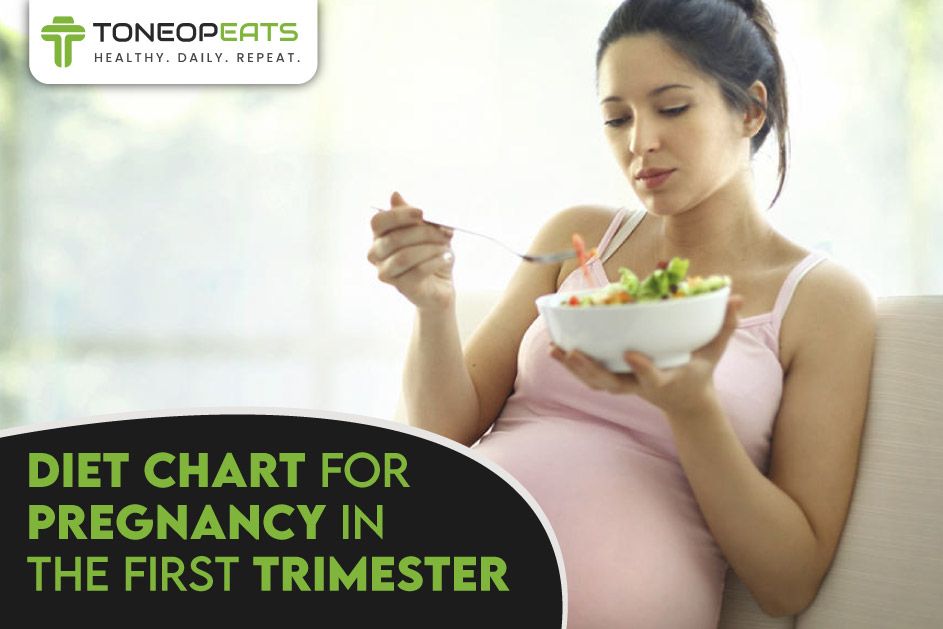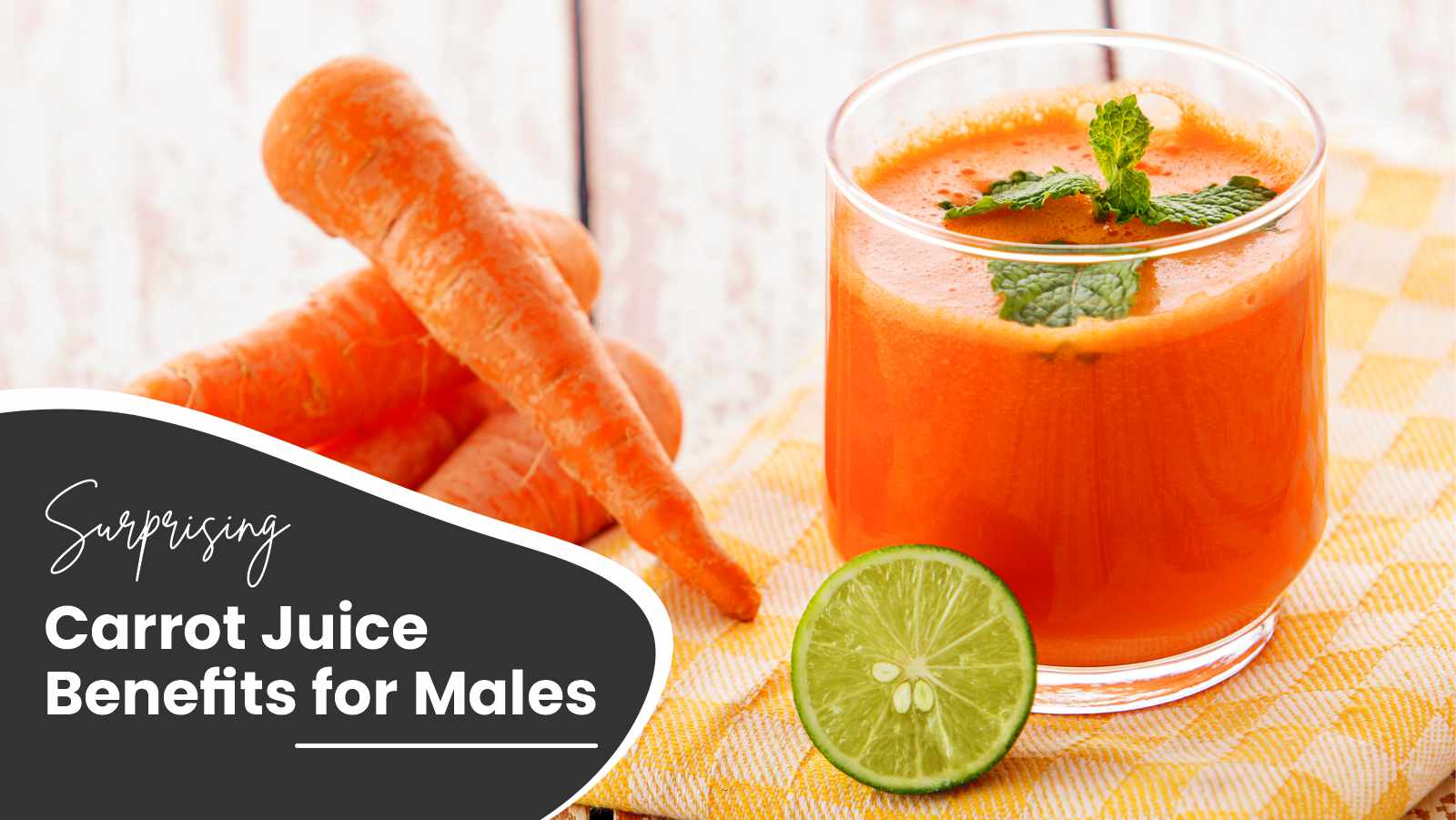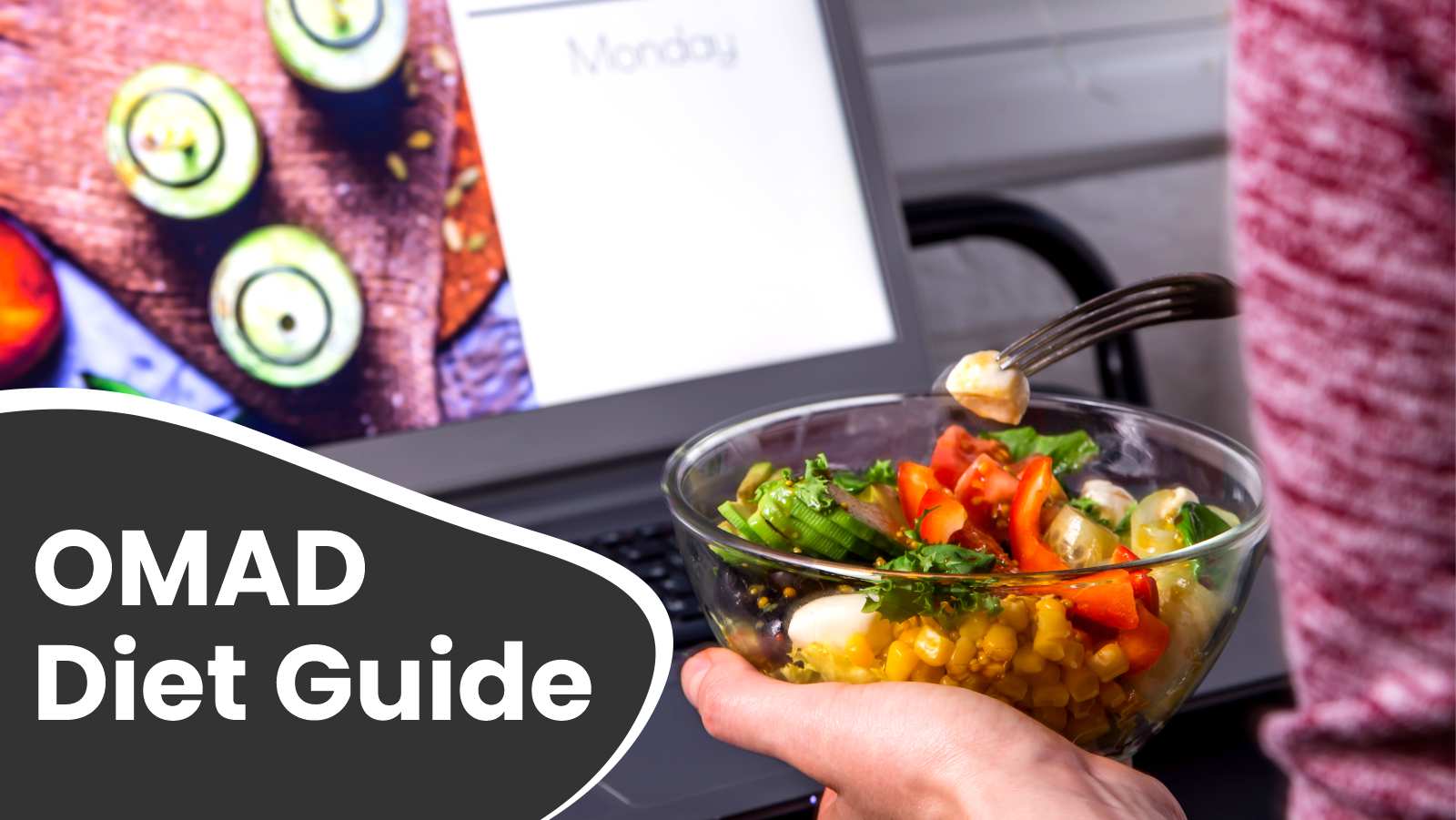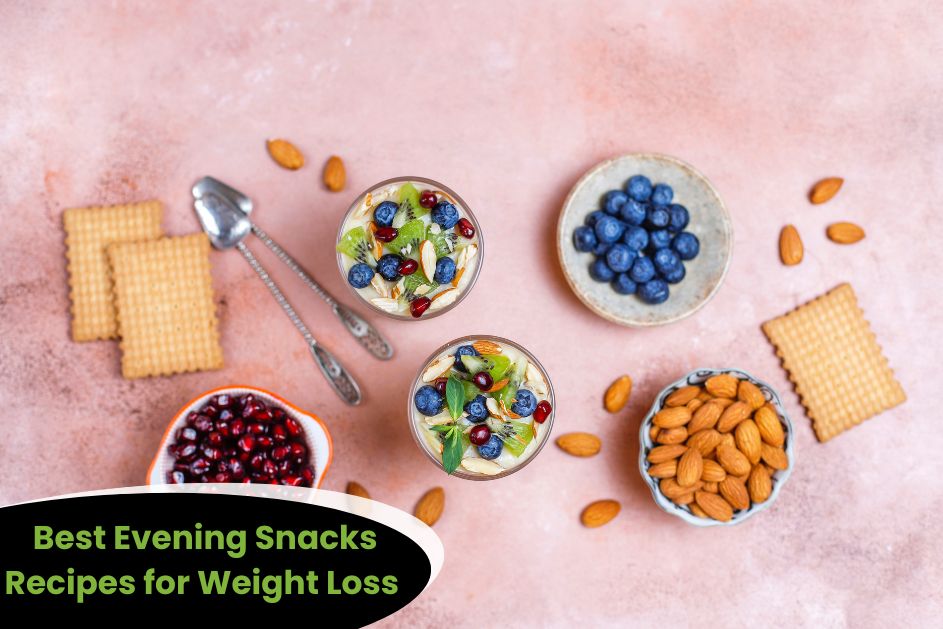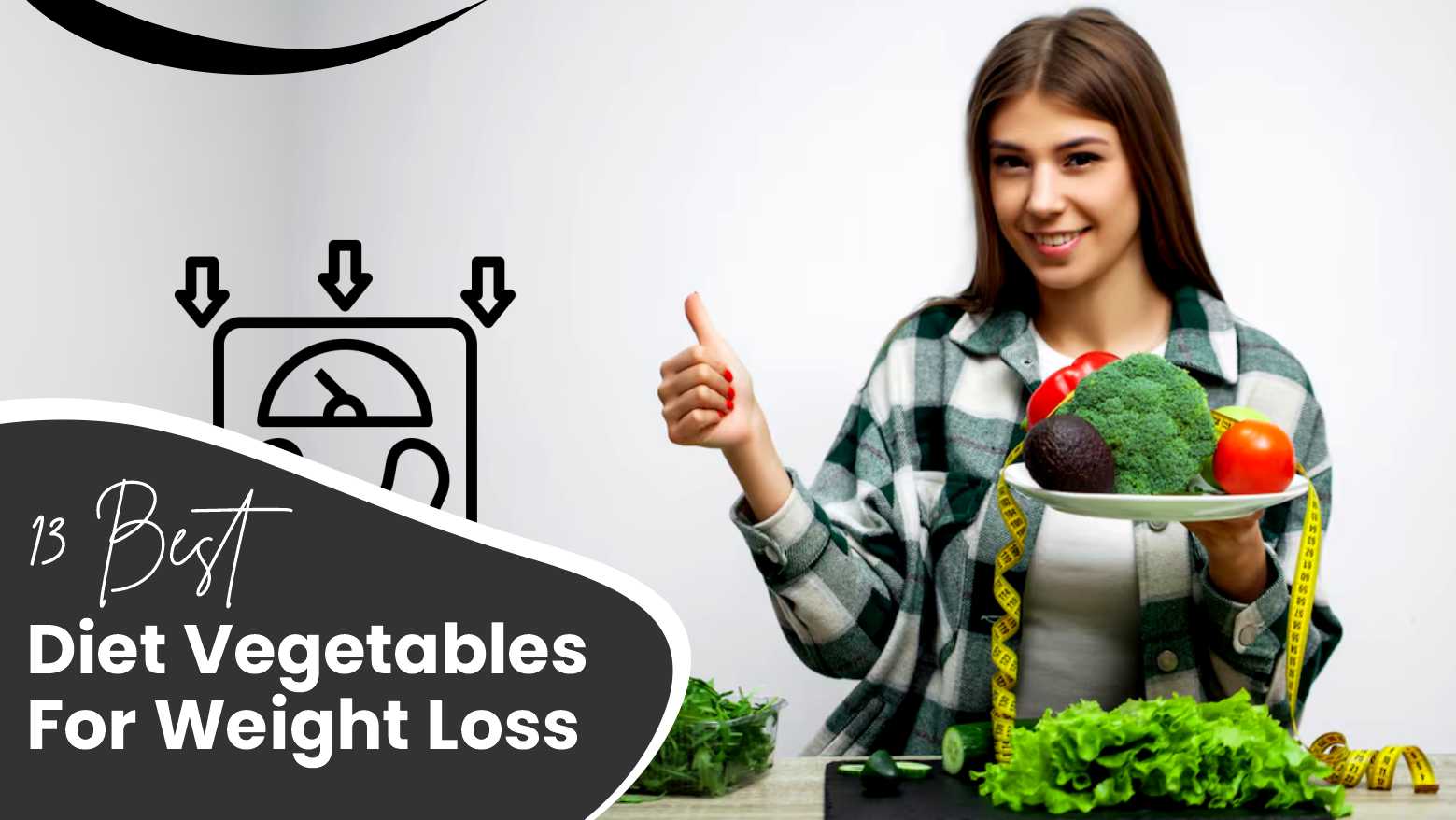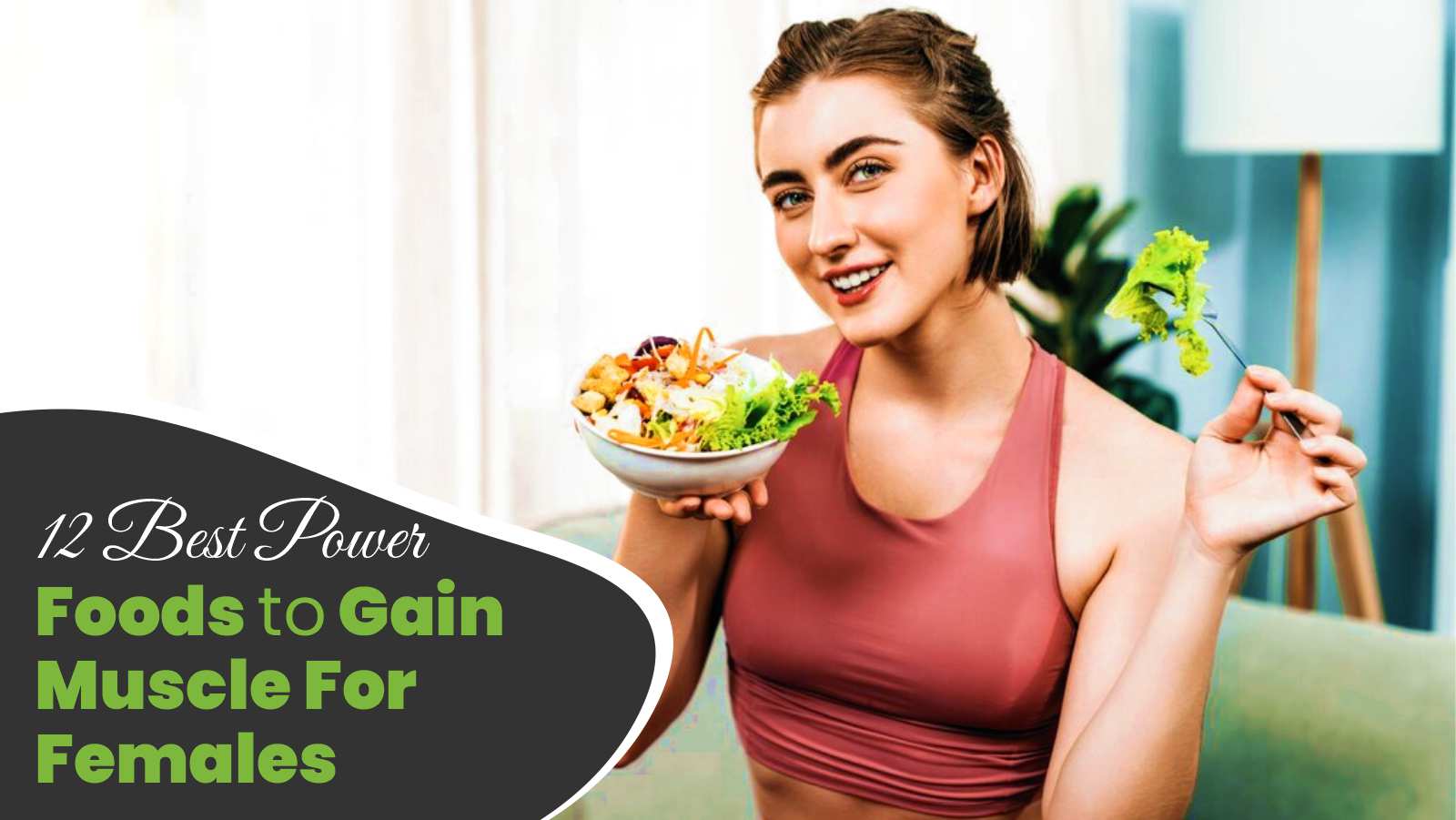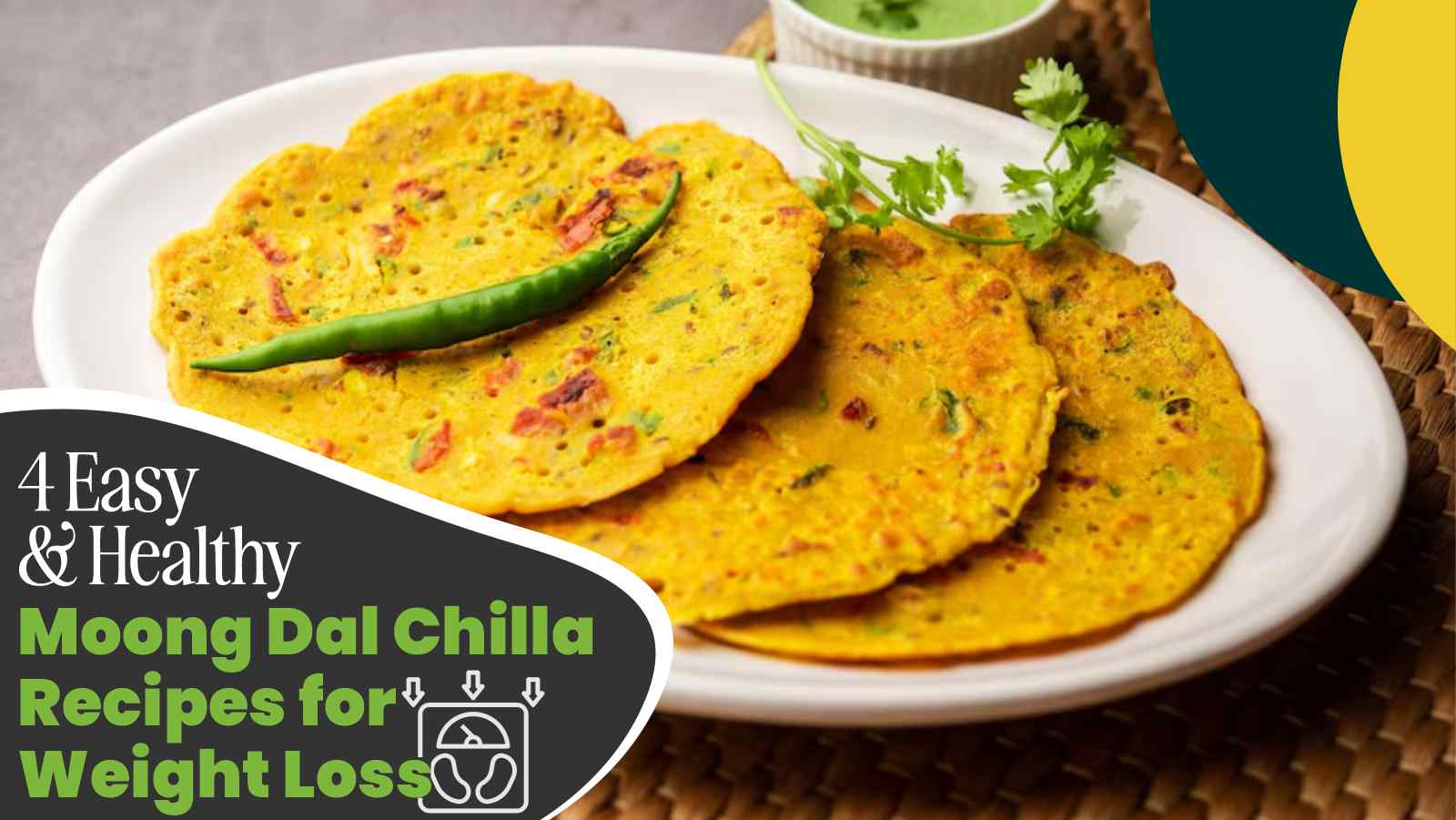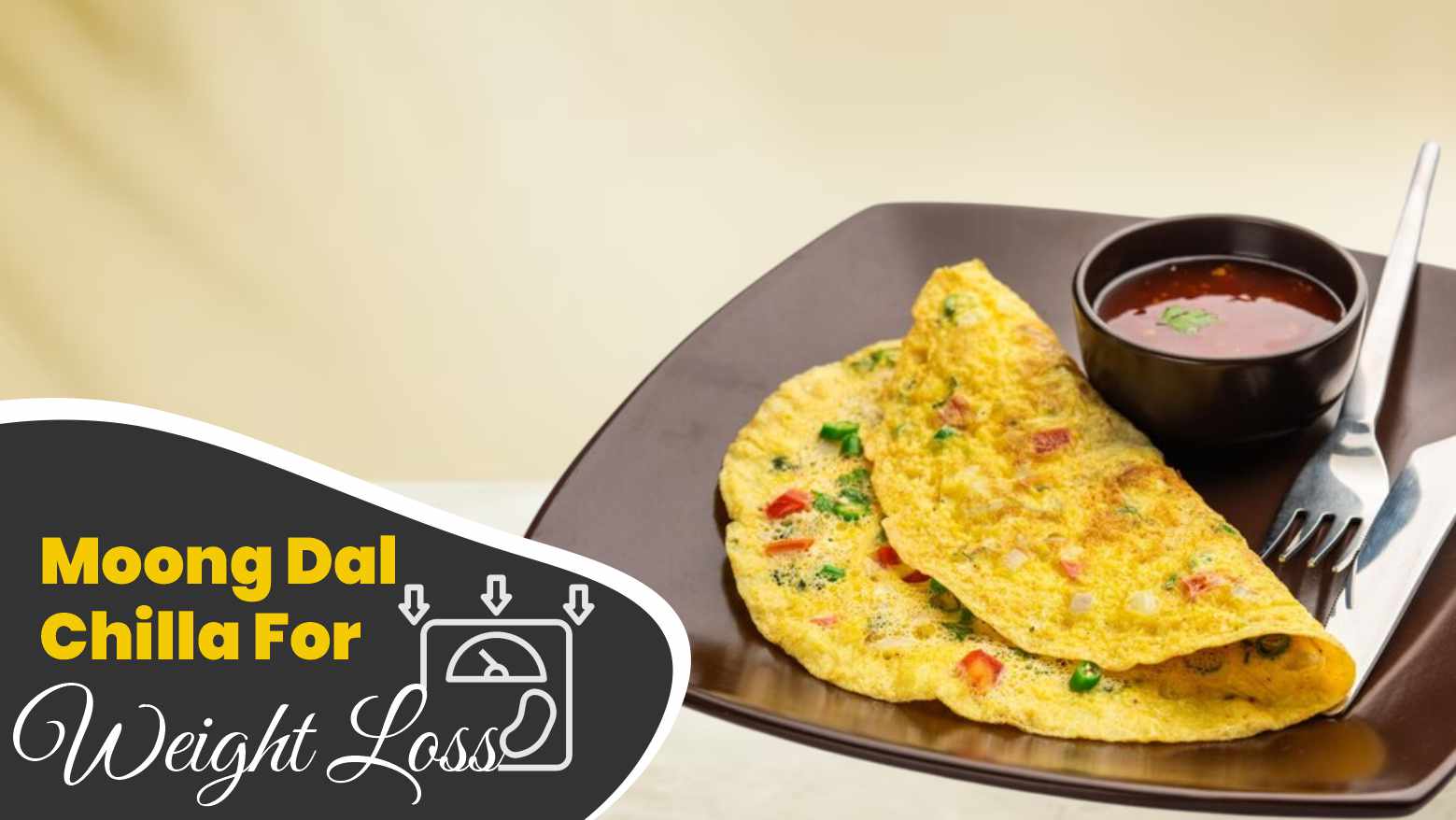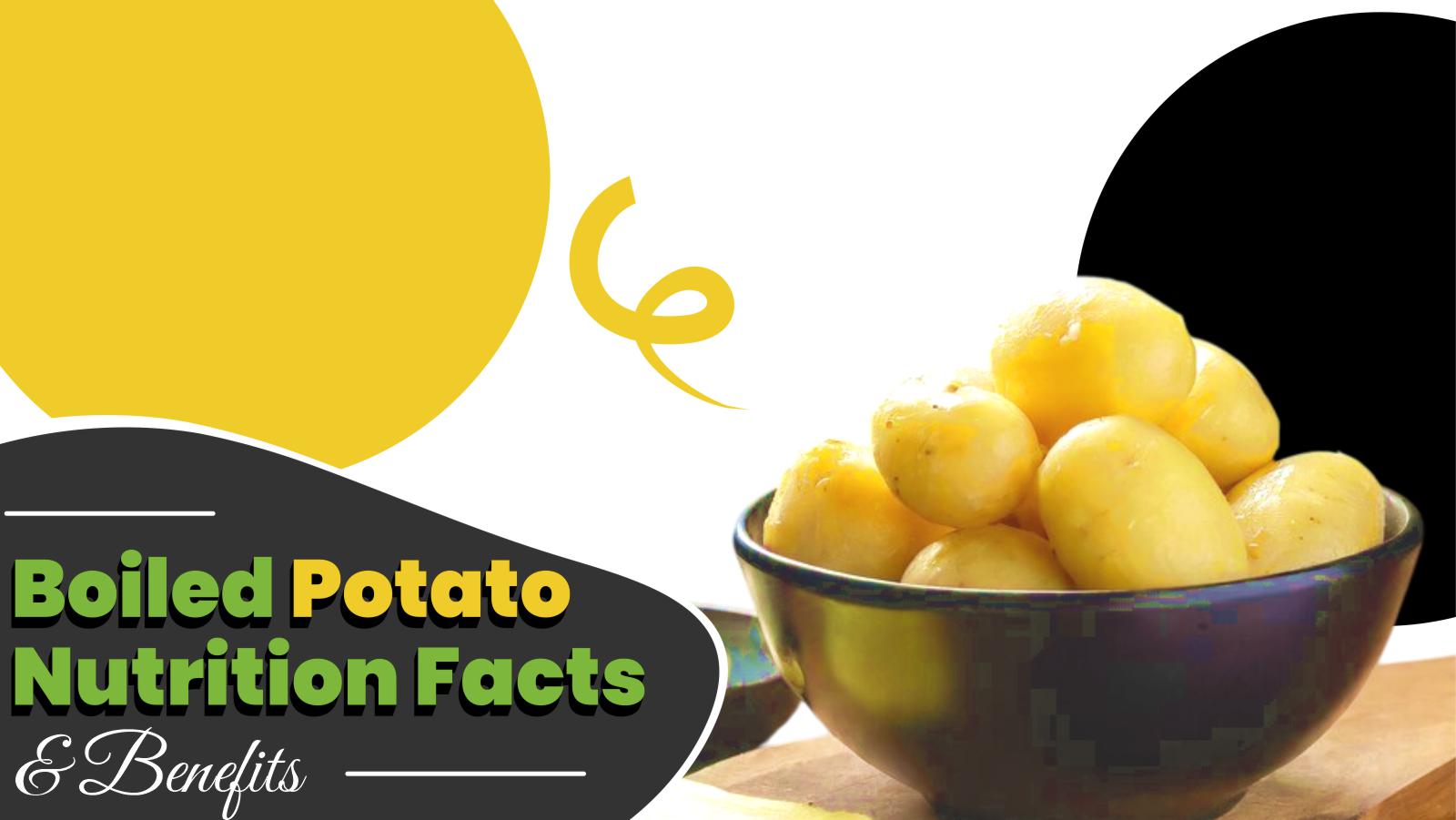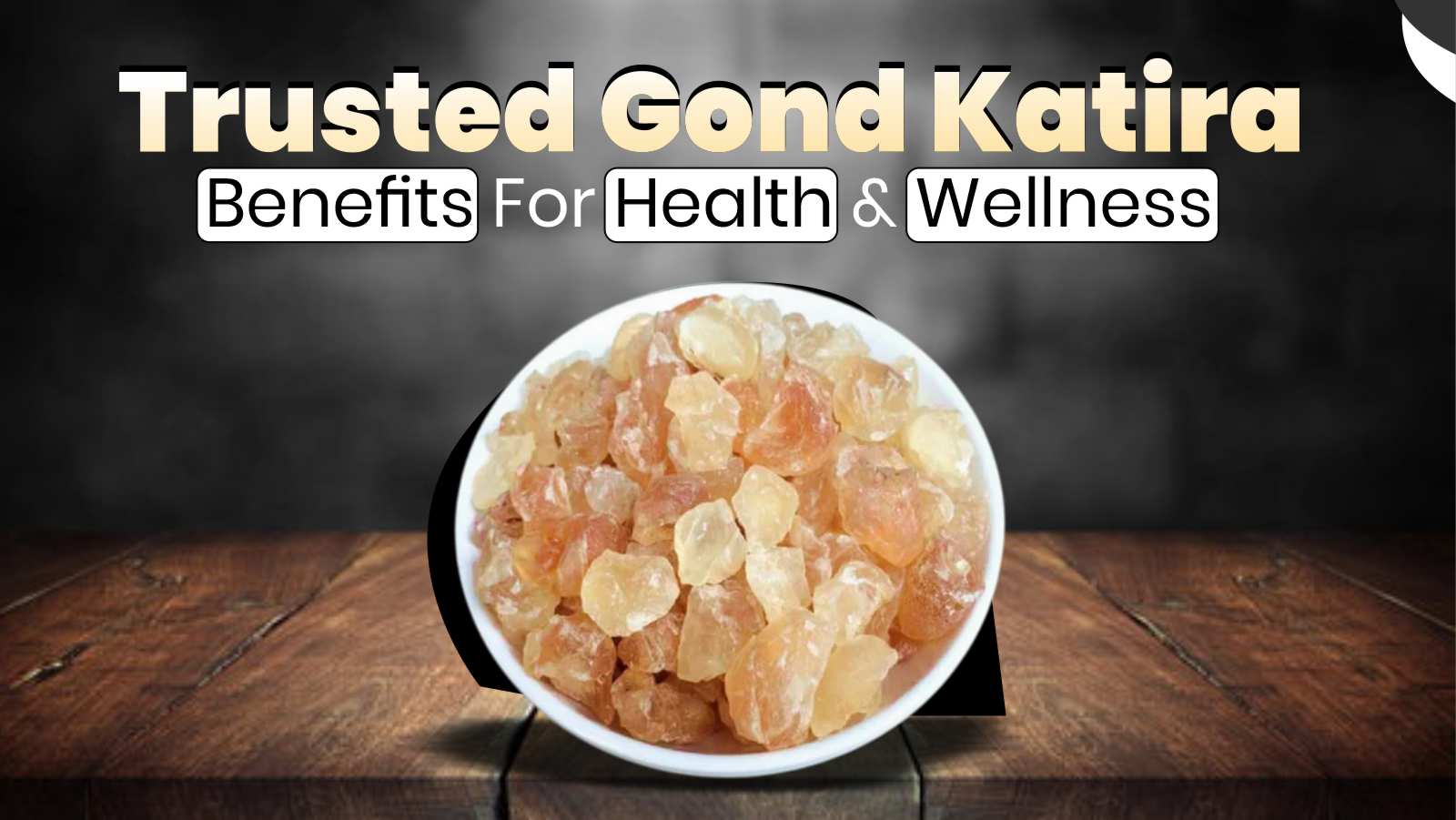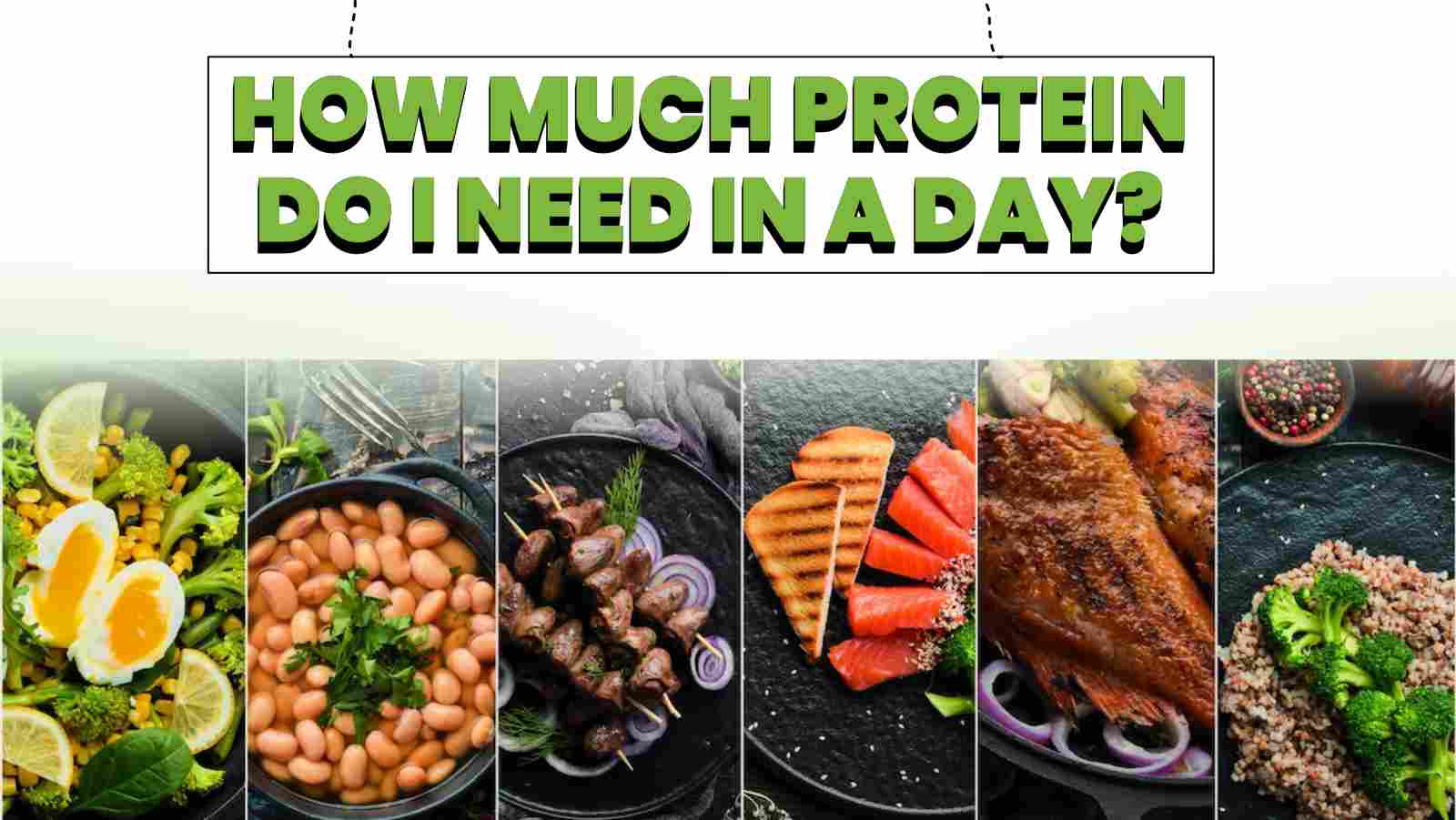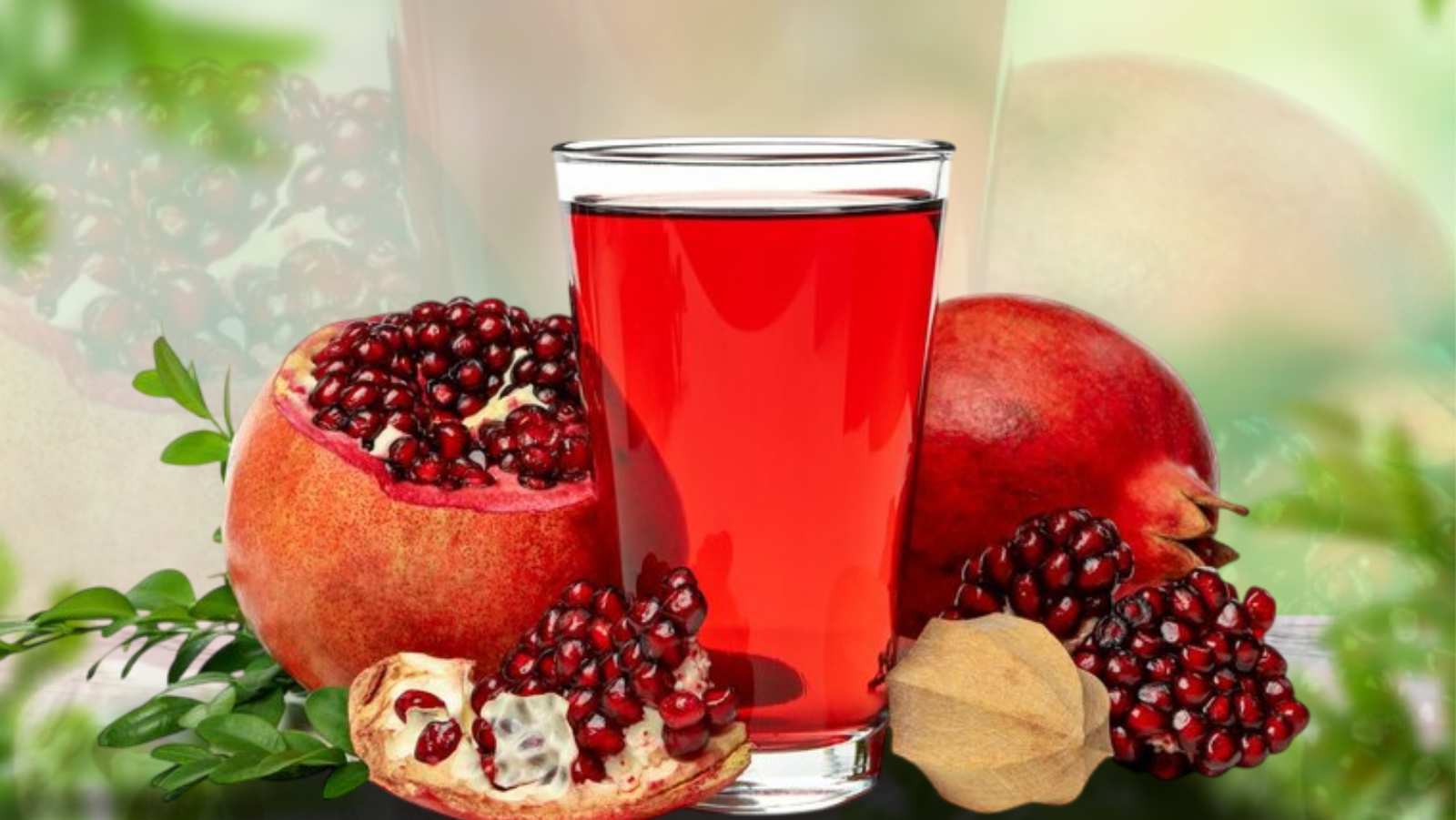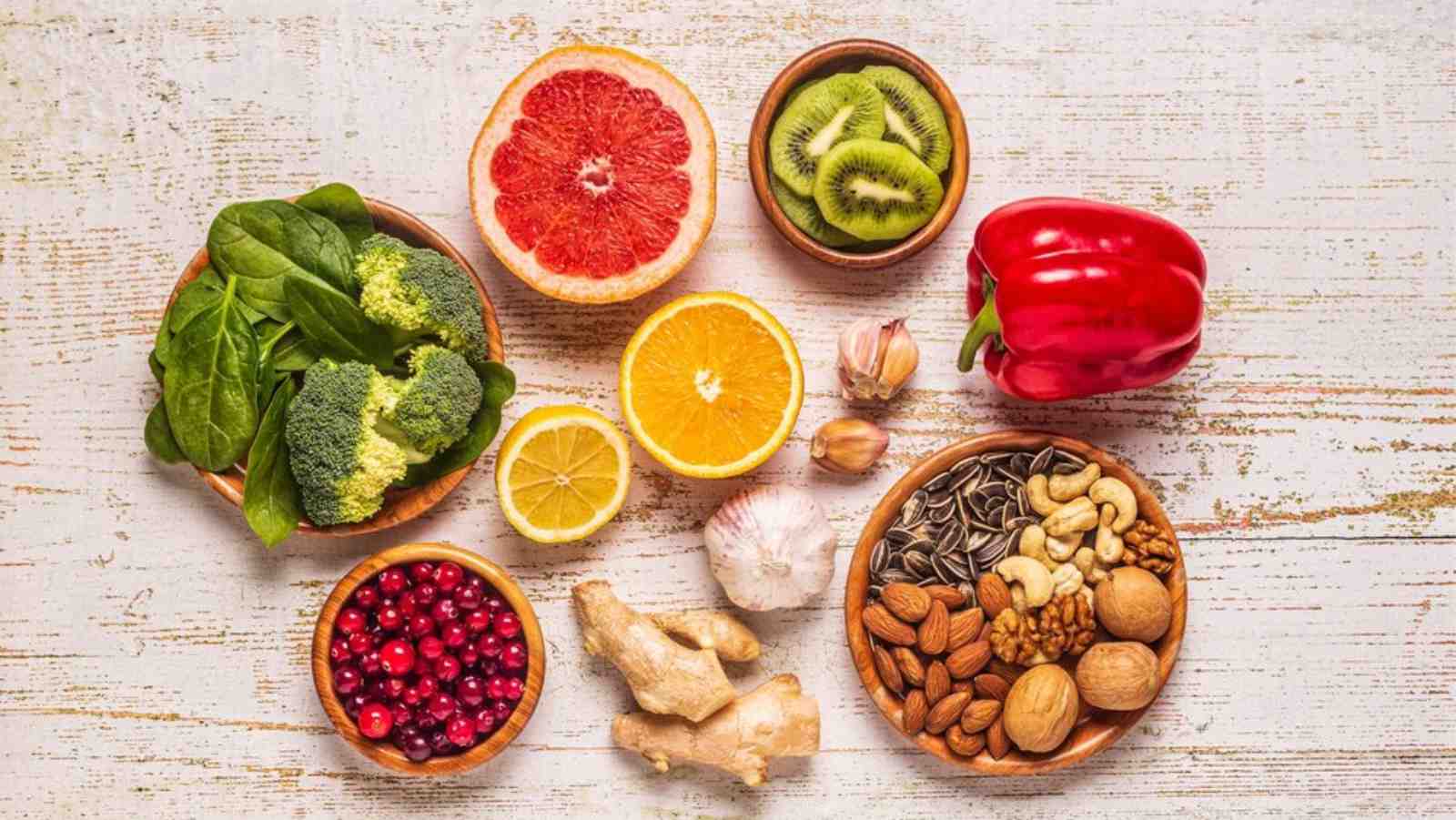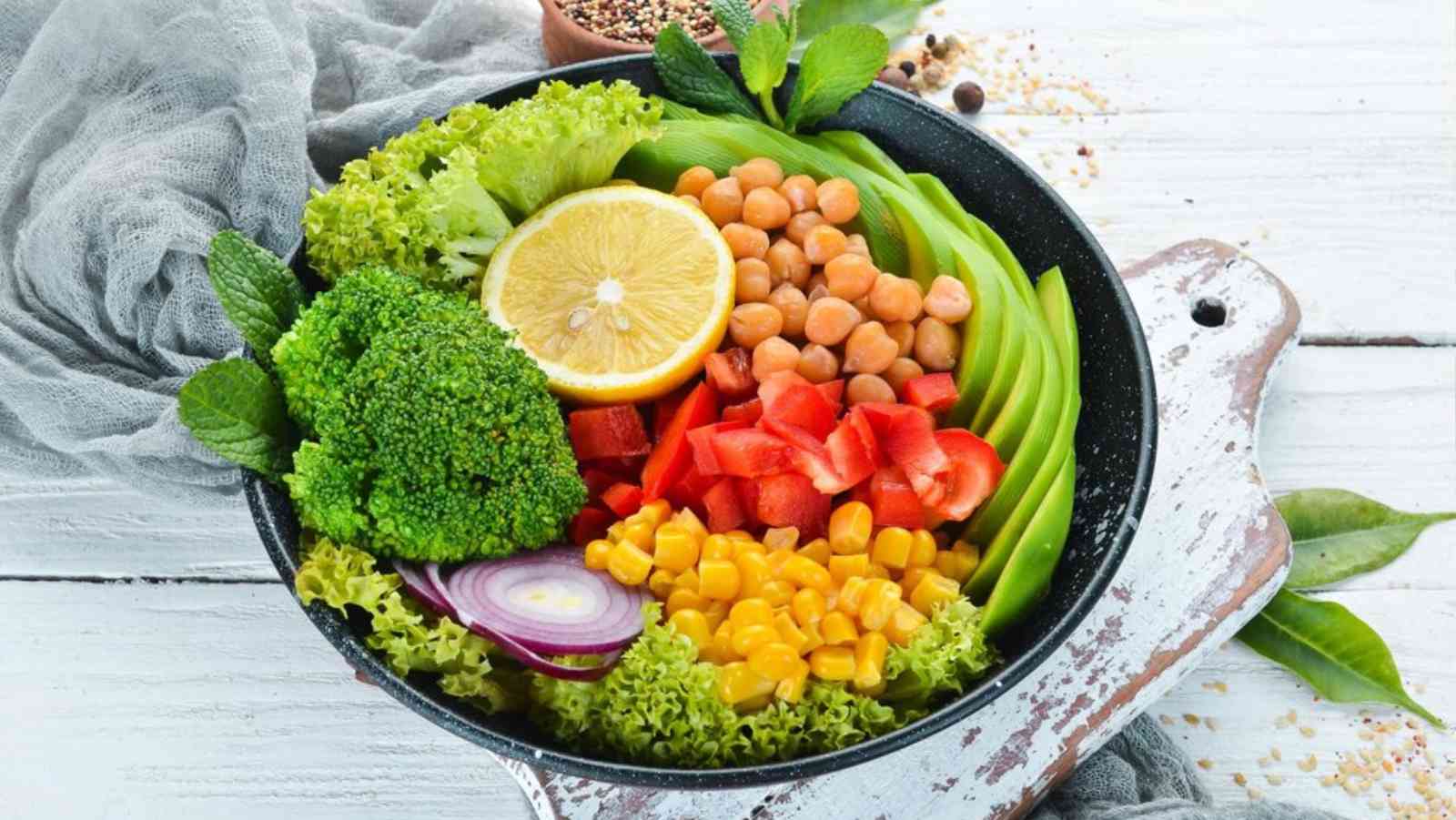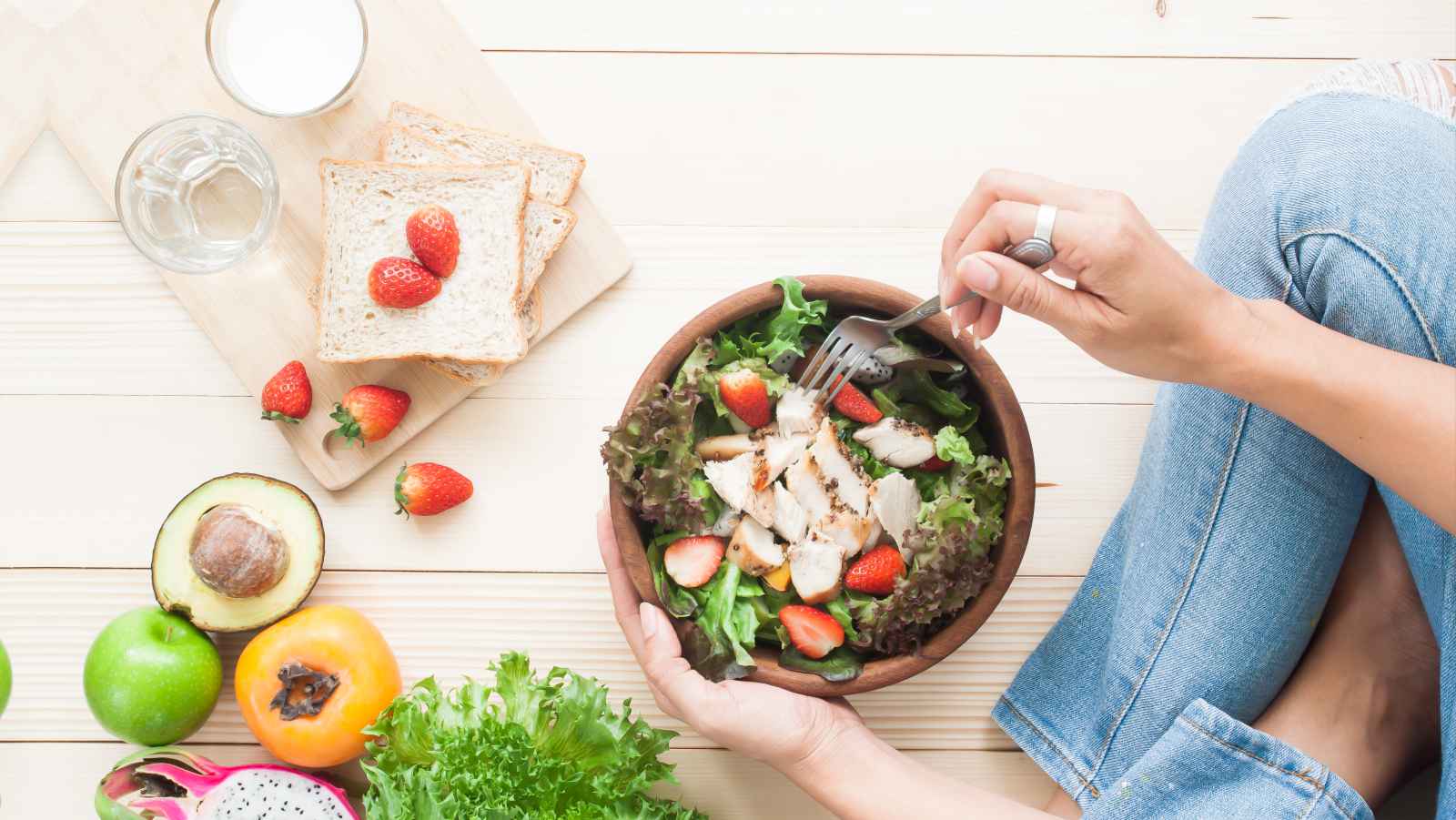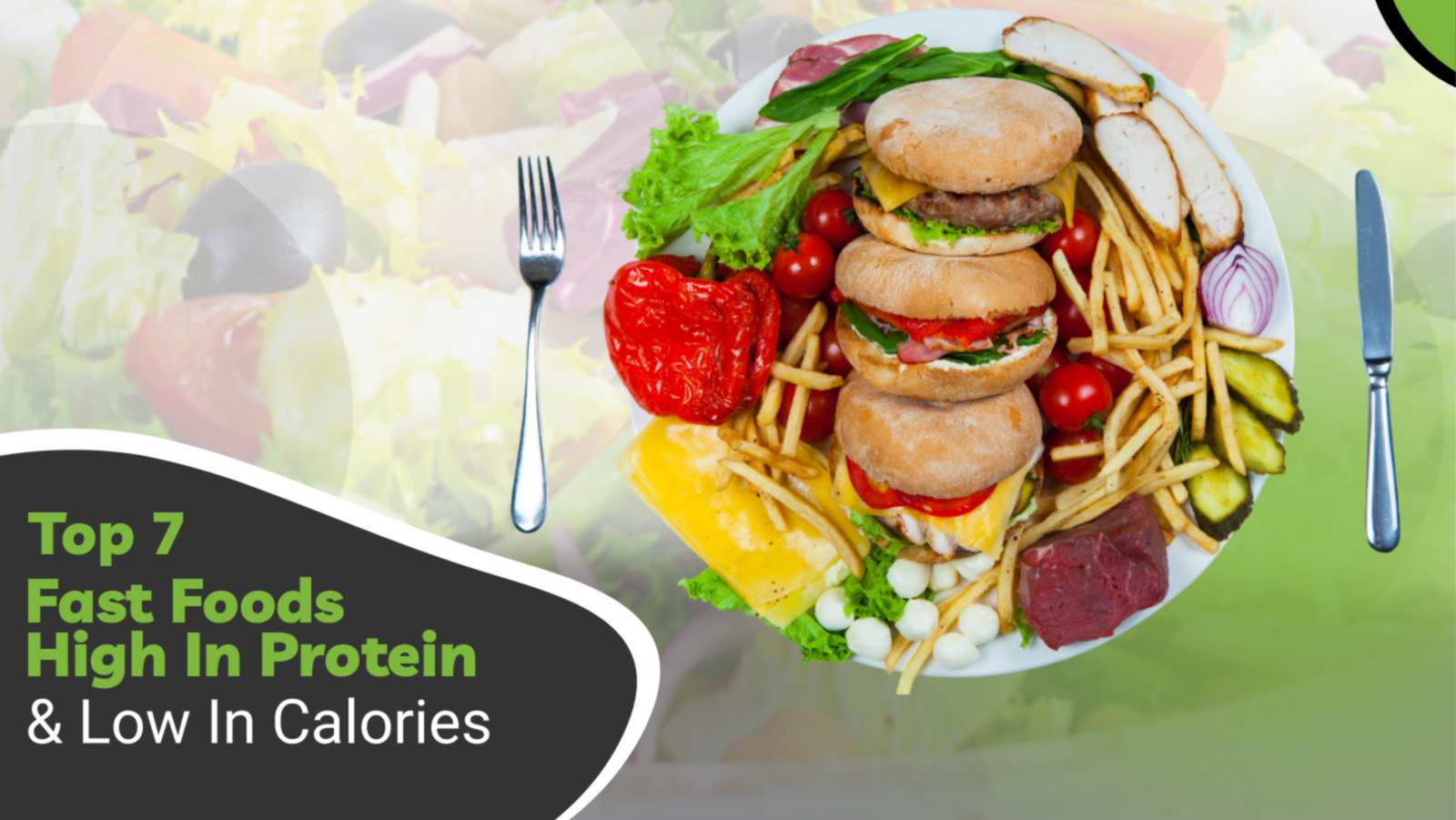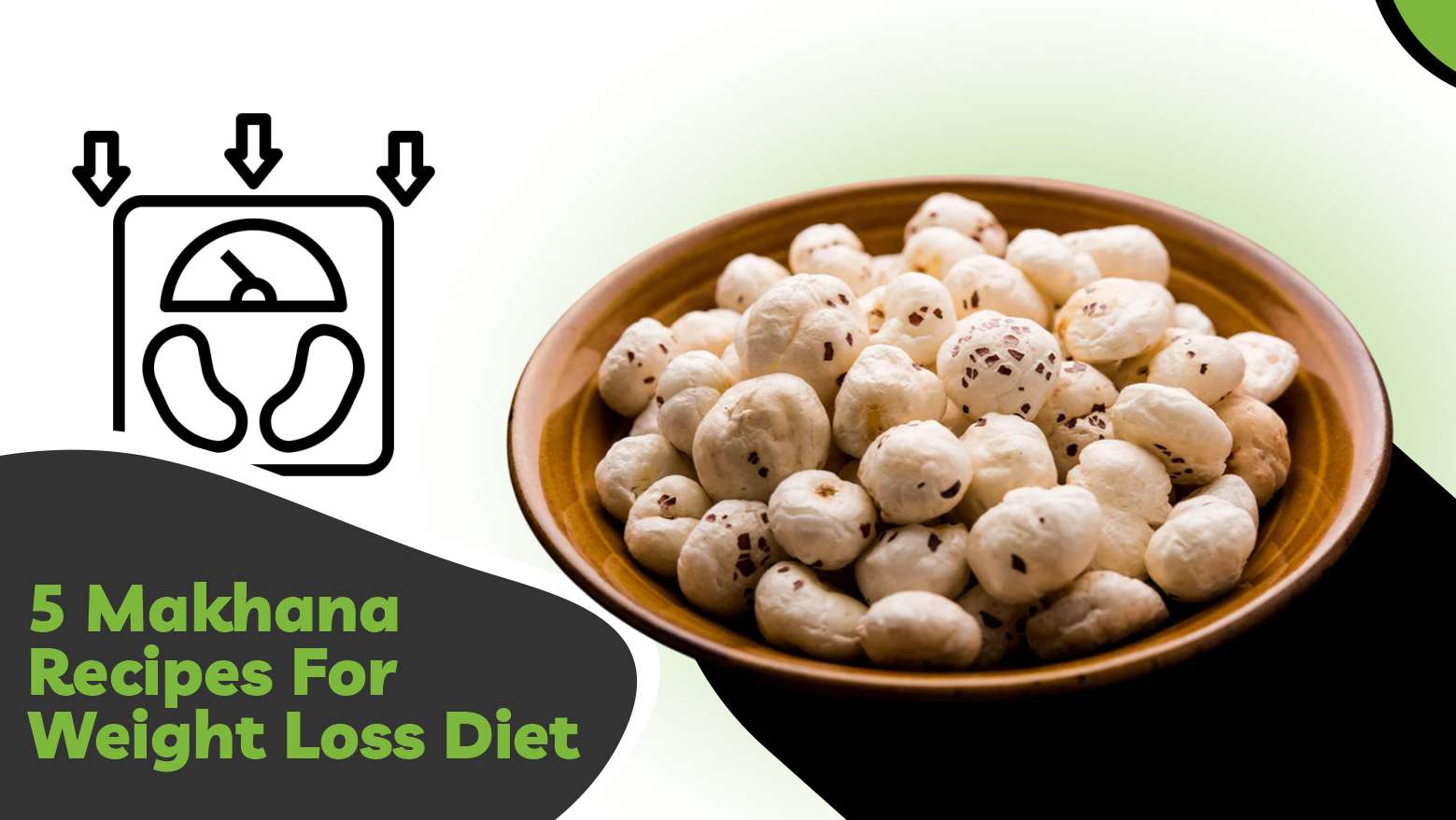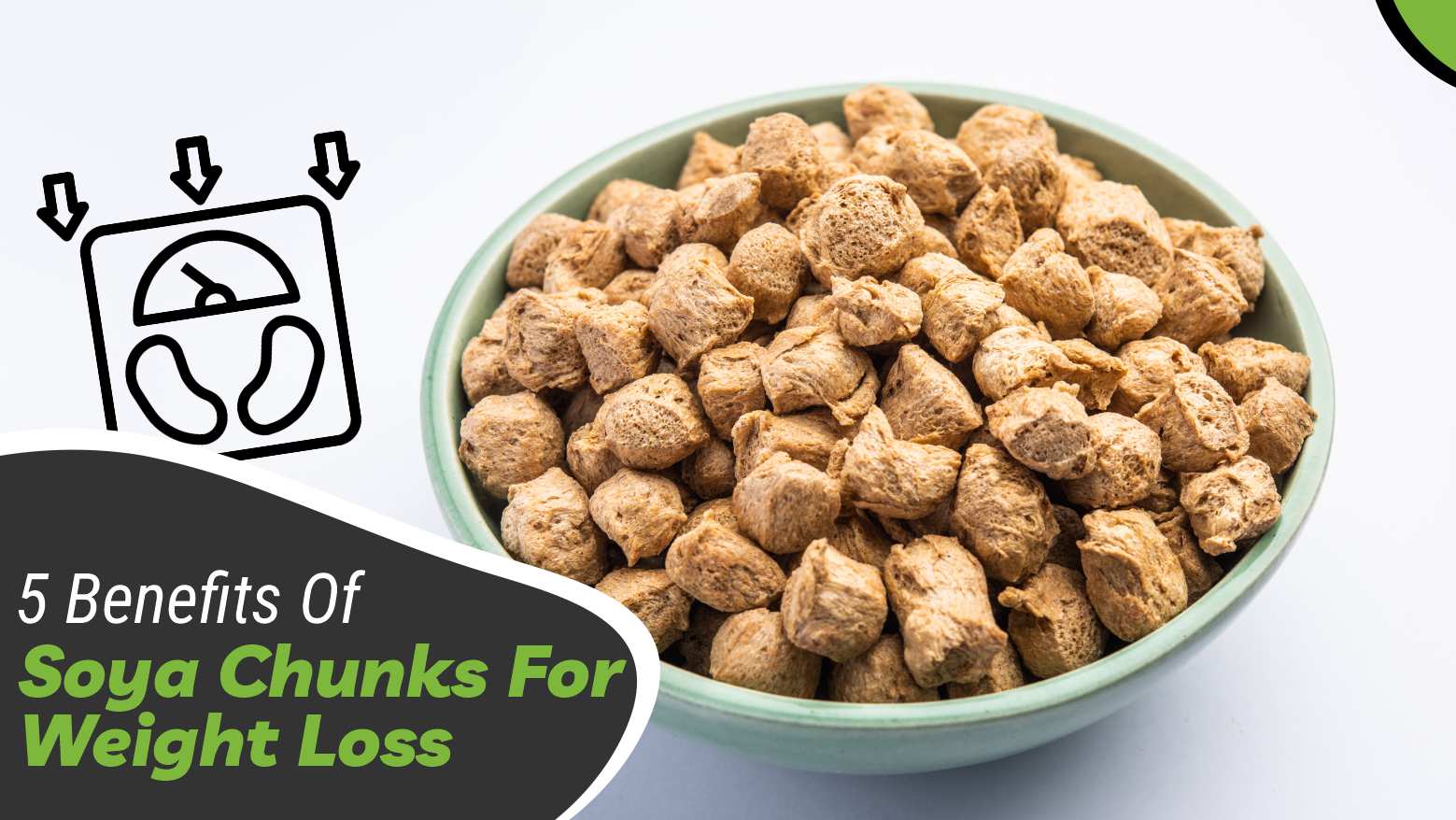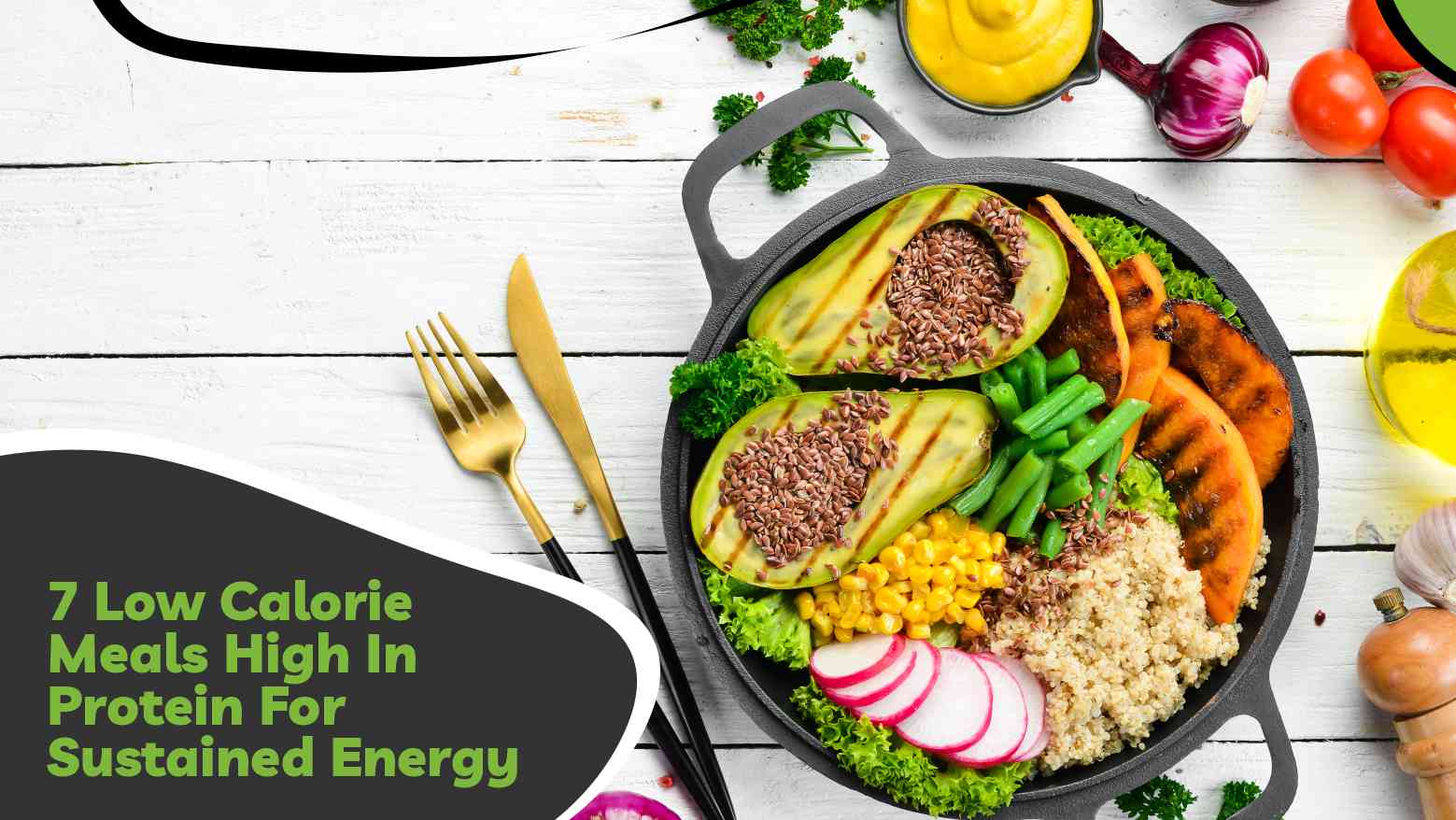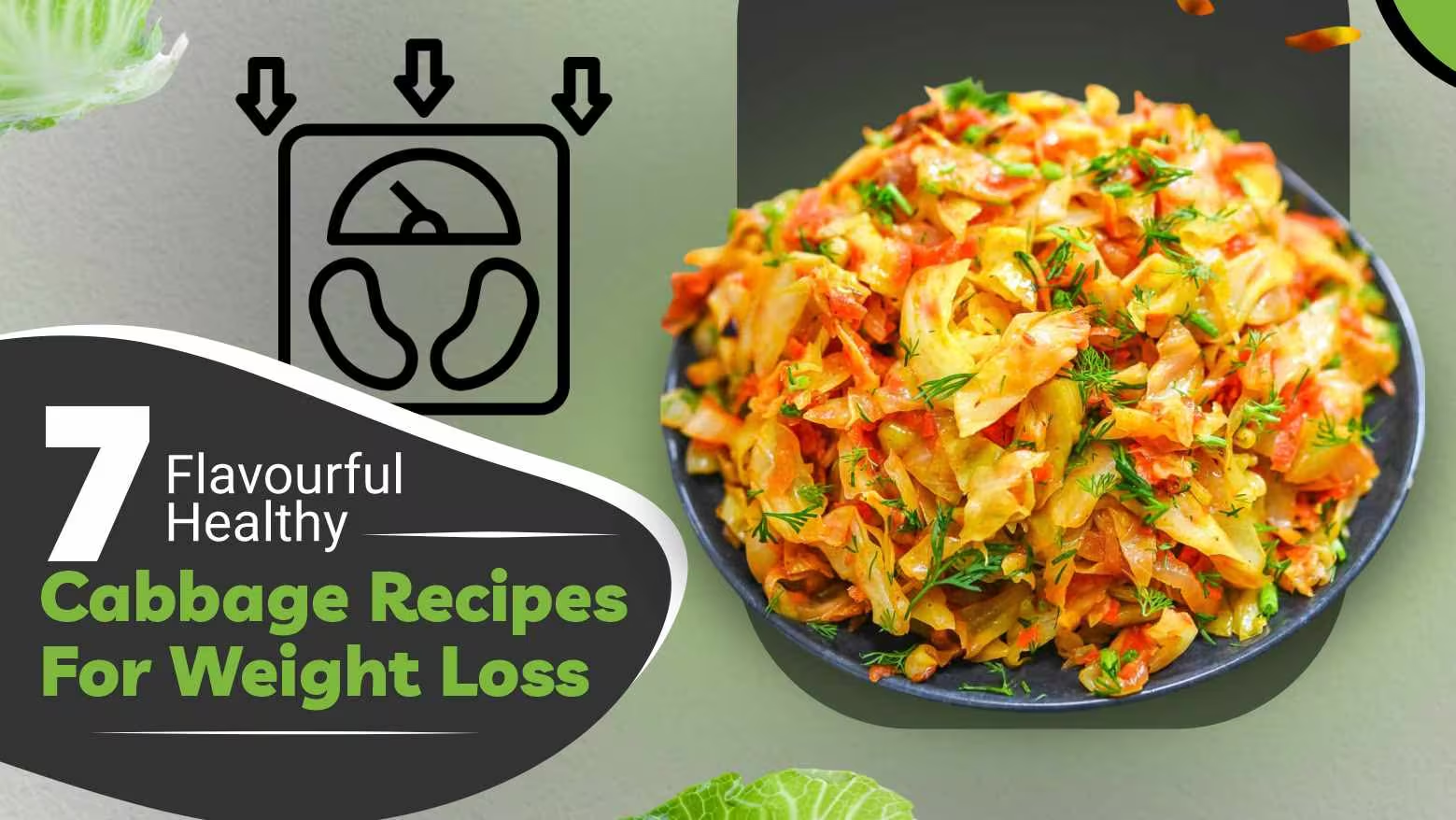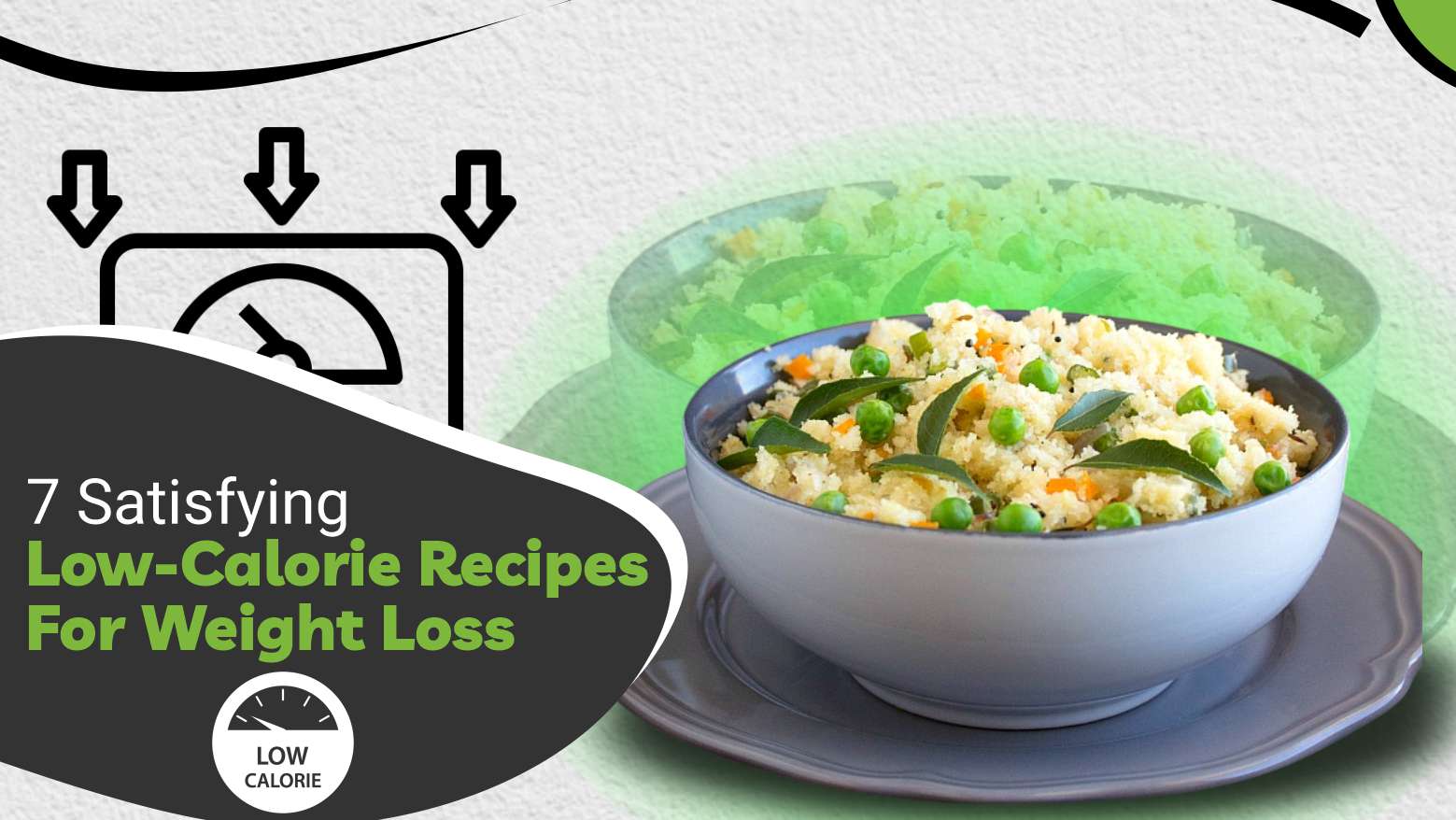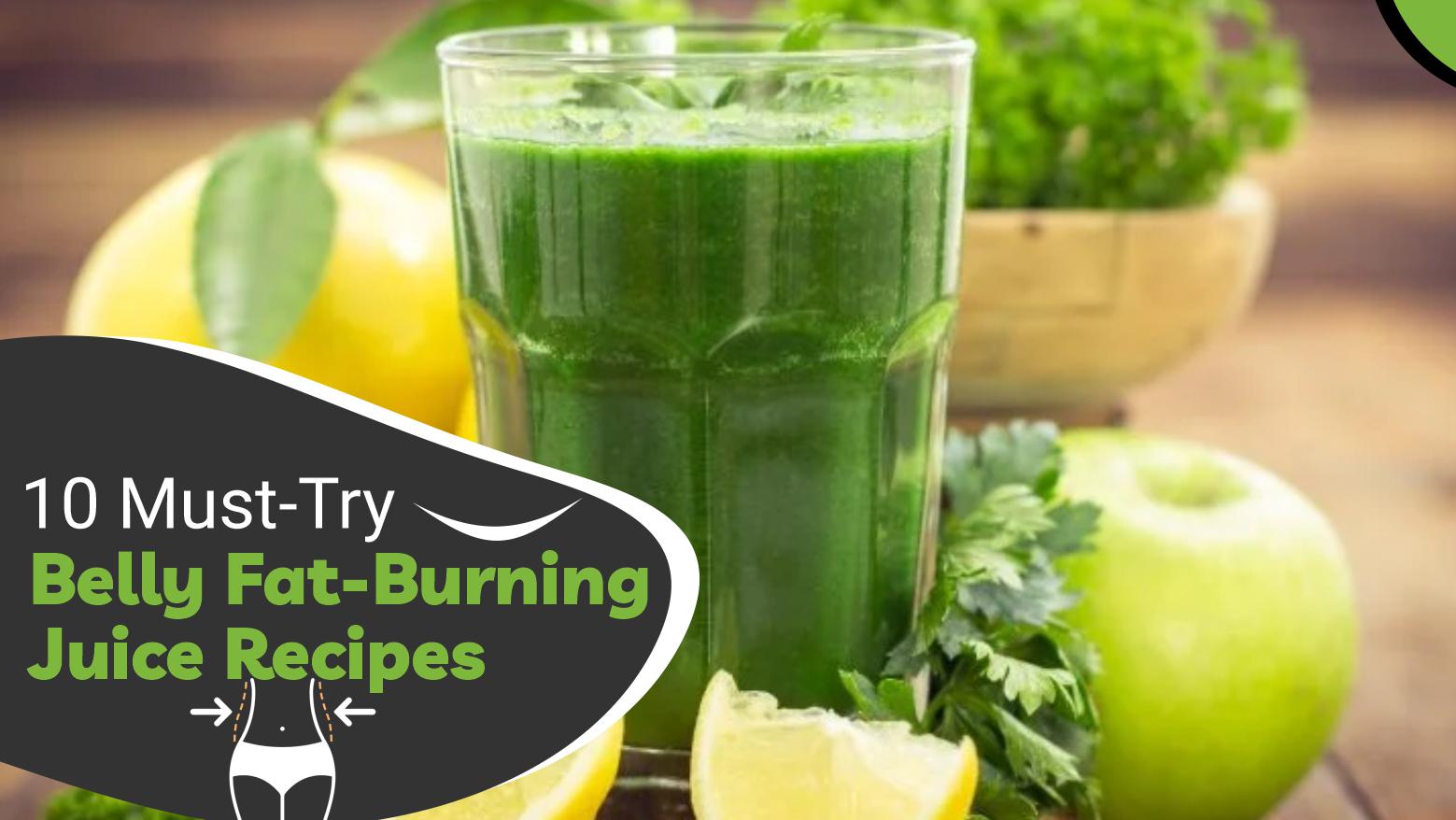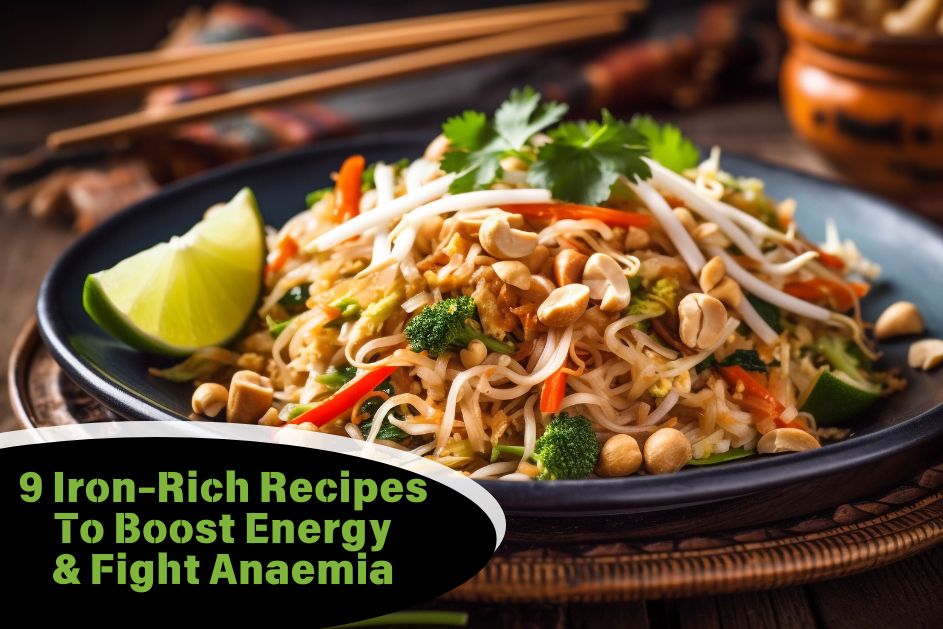The first trimester of pregnancy is a crucial development phase for your baby. What you eat directly impacts your growth and health. With morning sickness often making food choices challenging, it's indeed essential to prioritise nutrient-rich foods. You might wonder what to eat, how much, and which foods to avoid. A well-balanced diet is vital for you and your baby's wellness. However, creating a personalised diet chart for pregnant women, especially focusing on food for pregnancy in the first trimester, can be a careful step in supporting your nutritional needs during this transformative time.
But what does the diet chart for pregnancy in the first trimester include? During this transformative phase, let's explore the essential nutrients, food recommendations, and dietary precautions.
Table Of Contents
1. Sample Diet Chart For Pregnancy In The First Trimester
2. What Should I Eat In The First Trimester Of Pregnancy?
3. What Are The Super Foods For The First Trimester Of Pregnancy?
4. What Foods Should Be Avoided In The First Trimester?
5. Dietitian’s Recommendation
6. The Final Say
7. FAQs
8. References
Sample Diet Chart For Pregnancy In The First Trimester
Note this sample diet chart for pregnancy in the first trimester for reference:
Meal Time | Food Items |
Early Morning | 1 glass of milk with 8 soaked almonds, 3-4 walnut halves, and 8-10 soaked raisins |
Breakfast | Choose any of the following:
|
Mid-Morning | 1 glass coconut water or buttermilk with 1 bowl of seasonal fruit or 1 glass fruit smoothie |
Lunch | Choose any of the following:
|
Evening | 1 cup tea/coffee or 1 glass fruit juice with 1 bowl sprouts chaat/makhana chaat/grilled paneer or chicken/Khaman dhokla or khandvi/vermicelli upma/tawa roasted, boiled egg/roasted mixed nuts |
Pre-Dinner | 1 bowl tomato soup/carrot soup/pumpkin soup/mixed veg soup/palak & lentils soup/chicken soup with 1 bowl mixed kachumber salad |
Dinner | Choose any of the following:
|
Bedtime | 1 glass of warm milk with turmeric |
Also Read: 15 Best Foods For Height Growth During Your Developmental Years!
What Should I Eat In The First Trimester Of Pregnancy?
The pregnancy's first trimester is the developmental period for your baby's development. Nourishing your body with the right nutrients is essential for supporting both your and your baby's health. Try to include these essential nutrients from the recommended food sources in your diet chart for pregnancy in the first trimester:
1. Protein
Protein helps both mother and baby grow during pregnancy. It is essential for developing and growing fetal tissues, organs, and cells. Adequate protein intake supports the increased blood volume, placenta development, and breast tissue growth required for pregnancy. Aim for approximately 71 grams of protein per day. Lean meats, poultry, seafood, eggs, beans, peas, nuts, seeds, and soy products are excellent protein sources.
2. Folic Acid
Folic acid, a B vitamin, is vital for preventing neural tube complications, which are serious birth brain and spinal cord defects. These defects occur within the initial 28 days of pregnancy, often before a female gets to know she is pregnant. Consuming about 500 micrograms of folic acid daily is recommended. Rich sources include leafy green vegetables like spinach and broccoli, asparagus, chickpeas, lentils, oranges, and fortified cereals.
Also Read: 7 Benefits Of Drinking Protein Shake Before Sleep For Muscle Growth And Better Rest!
3. Iron
Iron is essential for producing haemoglobin, a protein present in red blood cells to transfer oxygen to cells. During pregnancy, the body's demand for iron increases to support the growing baby. Iron deficiency anaemia can lead to fatigue, weakness, and other complications. Aim for 27mg of iron per day. Lean meats, poultry, fish, beans, lentils, fortified cereals, and dark leafy green vegetables are excellent iron sources.
4. Iodine
Iodine supports the production of thyroid hormones, which regulate metabolism and brain development. Thyroid hormones are essential for the baby's growth and development. Good iodine sources include seafood, seaweed, dairy products, eggs, and iodised salt. Consuming 150 micrograms of iodine daily is recommended.
5. Vitamins
A variety of vitamins are essential for optimal maternal and fetal health.
- Vitamin A supports vision, cell growth, and immune function. Found in carrots, sweet potatoes, spinach, and fortified dairy products.
- Vitamin C enhances iron absorption, boosts immunity, and aids in collagen formation. It is found in citrus fruits, berries, and broccoli.
- Vitamin D is needed for calcium absorption, strong bone health, and immune function. Found in fresh fatty fish, fortified dairy products, and through sunlight exposure.
- Vitamin B6 supports brain development, red blood cell formation, and immune function. It is found in whole grains, poultry, fish, and bananas.
- Vitamin B12 is required for red blood cell formation and nervous system function. It is found in meat, fresh poultry, fish, eggs, and dairy products.
Also Read: Here Are 10 Wholesome & Healthy Snacks For Kids To Enjoy Any Time!
What Are The Superfoods For The First Trimester Of Pregnancy? 10 Foods
Consider these best foods to add to your diet chart for pregnancy in the first trimester after consulting your doctor:
1. Dairy Products
Dairy food sources for pregnant women offer a rich source of calcium, protein, vitamin B12, and phosphorus. These nutrients are essential for building and keeping strong bones plus teeth in both mother and baby. Adequate calcium intake is crucial for the baby's skeletal development, while protein supports tissue growth and repair. Vitamin B12 presence also helps in red blood cell formation and neurological development. Incorporating these also helps reduce the chances of preterm birth and osteoporosis later in life.
2. Apricots
Apricots are a delightful and nutritious addition to a pregnant woman's diet. Rich in fibre, they help alleviate constipation, a common pregnancy discomfort. Potassium, another essential nutrient found in apricots, helps regulate blood pressure readings and maintain fluid balance, which is crucial during pregnancy. Also, apricots contain beta-carotene, a precursor to vitamin A, which supports healthy vision, immune function, and cell growth in both mother and baby.
3. Broccoli
Vitamin C, abundant in broccoli, boosts immunity and aids in iron absorption, which is required for preventing anaemia during pregnancy. Folate, another key nutrient, is vital for the baby's neural tube development. Calcium in broccoli supports bone health in both mother and baby. The fibre content helps regulate digestion and prevent constipation, a common pregnancy discomfort.
4. Blueberries and Strawberries
These berries are a delicious and healthy treat during pregnancy. Packed with antioxidants, they eventually help protect cells from damage caused by harmful free radicals. Blueberries, in particular, contain compounds that support the baby's brain health and cognitive development. Both berries are rich in vitamin C, which boosts immunity and aids in iron absorption.
5. Sweet Potatoes
These potatoes are a nutrient-dense food that provides many benefits for pregnant women. They are an excellent beta-carotene source, which is converted into vitamin A in the body. Vitamin A is essential for right eye vision, immune function, and cell growth. The fibre present in sweet potatoes helps regulate digestion and prevent constipation.
Also Read: Here Are 10 Wholesome & Healthy Snacks For Kids To Enjoy Any Time!
6. Banana
Bananas are a nutritious snack option during pregnancy. They are rich in potassium, which assists in regulating blood pressure and prevent muscle cramps. The fibre content in bananas promotes digestive health and prevents constipation. Bananas also contain vitamin B6, which is involved in neurotransmitter production and supports mood regulation.
7. Beans
Beans are an affordable natural source of plant-based protein, making them an excellent choice for pregnant women. They are packed with fibre, iron, and folate, all essential during pregnancy. Protein supports tissue growth and repair, iron helps prevent anaemia, and folate is crucial for the baby's neural tube development. Beans also contain magnesium, which is important for muscle and nerve function.
8. Pomegranates
Pomegranates are a delicious fruit that offers many health benefits during pregnancy. They are rich in antioxidants, which help protect cells from damage caused by harmful radicals. Additionally, pomegranates contain vitamin C, which boosts immunity and aids in iron absorption. The fibre content in pomegranates promotes digestive health and prevents constipation.
9. Oranges
Oranges are a classic citrus fruit packed with vitamin C, which is essential for strengthening functioning and immunity, collagen production, and iron absorption. The vitamin C in oranges helps protect against infections and promotes wound healing. Oranges also provide potassium, important for maintaining healthy blood pressure and muscle function during pregnancy.
10. Green Leafy Vegetables
Green leafy vegetables, such as fresh spinach, kale, and quality collard greens, are nutritional powerhouses that offer many benefits during pregnancy. They are packed with vitamins, required minerals, and fibre, essential for both mother and baby. These fresh leafy greens are particularly rich in folate, which is beneficial for preventing neural tube defects. Plus, they provide calcium, iron, and vitamin K, which support bone health, blood clotting, and overall wellness.
Also Read: Is Cold Coffee Good For You? Here Are Some Insights That Can Help You Get Your Answers!
What Foods Should Be Avoided In The First Trimester?
Note these foods to avoid adding in the diet chart for pregnancy in the first trimester and beyond:
Food/Beverage | Reason to Avoid |
Seafood with high mercury content | High mercury levels can harm the baby's developing nervous system. Consuming large amounts of mercury during pregnancy can cause serious problems for the baby's brain and nervous system. These problems can include learning disabilities, developmental delays, and problems with hearing, vision, and coordination. |
Undercooked meat, poultry, or eggs | Increased risk of foodborne illness, which can be more severe during pregnancy. Pregnant women are more susceptible to foodborne illnesses, which cause severe complications for both the mother and the baby. Some of the most seen foodborne illnesses include harmful salmonella, listeria, and toxoplasmosis. These illnesses can cause miscarriage, premature birth, and stillbirth. |
Unpasteurised foods (milk, cheese, etc.) | There is a risk of foodborne illness caused by harmful bacteria. Unpasteurised milk and dairy cheese can contain harmful bacteria, such as listeria, salmonella, plus E. coli. These bacteria cause serious health issues for pregnant women, including miscarriage, premature birth, and stillbirth. |
Caffeine | Although research is limited, caffeine can have negative effects on the baby. It can cross the placenta lining and enter the baby's bloodstream. Also, high levels of caffeine consumption during pregnancy can cause miscarriage, really low birth weight, and other birth defects. |
Herbal teas | There is lack of sufficient research on their effects during pregnancy. Hence, prior consuming any herbal teas, consult with a doctor first. |
Alcohol | Alcohol can cross the placenta lining and enter the baby's bloodstream. It can lead to miscarriage, stillbirth, and fetal alcohol syndrome. This can damage the baby's developing organs and tissues, leading to a variety of birth defects. |
Raw sprouts | Raw sprouts can be contaminated with harmful bacteria, such as salmonella, listeria, and E. coli. These bacteria can cause serious complications for pregnant women, including miscarriage, premature birth, and stillbirth. |
Papaya | Papaya contains substances called papain and latex, which can cause uterine contractions. These contractions can lead to miscarriage or premature birth. |
Raw cabbage | High fibre content may cause digestive issues during pregnancy. Raw cabbage is a natural source of fibre, but it can also cause digestive problems for pregnant women, such as bloating, gas, and diarrhoea. |
Also Read: Refreshing 12 Best Healthy Lunchbox Ideas For Nutritious Meal Times!
Dietitian’s Recommendation
Eating a healthy, balanced meals with the rightly recommended diet chart for 1st trimester of pregnancy eventually supports your baby’s growth. There are many recommended foods you can eat to keep your baby safe and healthy. Try to maintain a healthy, nutritious diet during pregnancy. Include different colourful fruits and vegetables in your diet.
You can also choose whole grains over refined grains, such as quality brown rice instead of white rice. Also, simply include a variety of protein sources such as lean meat, fresh fish, poultry, eggs, organic beans, and lentils. Add low-fat or reduced-fat dairy products to meet your calcium needs.
Finally, to curb hunger between meals, you can snack on nuts, seeds, and dried fruit instead of sugary or fatty snacks. Remember to consult the dietitians before making any changes.
Dt. Lavina Chauhan
The Final Say
In the end, all that matters is the right pregnancy nutrition, which is the ultimate source of nutrition for your baby. If you are making an Indian diet chart for pregnant ladies in the first trimester, it includes many colourful fruits and vegetables, quality whole grains, lean protein sources, low-fat dairy products, nuts and healthy fats. Remember to limit processed and packaged foods to avoid issues. Also, consulting a registered dietitian can ensure that your pregnancy diet meets your individual nutritional needs.
FAQs
1. What Indian food should you eat in the first trimester?
Indian cuisine offers many nutritious options for pregnant women. For sustained energy, add a variety of grains like brown rice, quinoa, and millet. Include lentils (dal), chickpeas, and beans for protein and fibre. Try fresh fruits and vegetables, especially leafy greens like spinach and kale. Dairy products provide calcium and protein. Remember the goodness of nuts, seeds, and yoghurt for essential fats and nutrients.
2. What are the best foods for a 1 to 3-month pregnancy diet chart for vegetarians?
A vegetarian diet can be incredibly nourishing during pregnancy. Here’s what you can include:
- For energy and fibre, focus on whole grains like brown rice, oats, and whole wheat roti.
- Include a variety of lentils, chickpeas, and tofu for protein.
- Leafy greens like spinach, kale, and fenugreek leaves are essential for vitamins and minerals.
- Dairy products provide calcium and protein. Incorporate fruits and fresh vegetables rich in vitamin C for iron absorption.
- Nuts and different seeds offer healthy fats and protein.
3. What are the best foods for a 1 to 3-month pregnancy diet chart for Indian vegetarians?
Enjoy dishes like idli, dosa, and uttapam made with whole grains. For protein, include plenty of lentils (dal) like moong dal, toor dal, and masoor dal. Incorporate vegetables like spinach, cauliflower, and carrots in various preparations. Remember the goodness of curd for probiotics. For essential vitamins and minerals, include fruits like bananas, apples, and oranges.
4. What are the best foods for a 4 to 6-month pregnancy diet chart?
While the focus on nutrients remains similar, the second trimester often increases appetite. Continue with a balanced diet rich in whole grains, legumes, and fresh produce. Include lean protein sources like eggs, paneer, and tofu. Incorporate iron-rich foods like spinach, beetroot, and jaggery to prevent anaemia. Also, stay hydrated with coconut water, track your body's cues, and enjoy your meals.
5. Can I eat leftovers during pregnancy?
Be careful with leftovers, as they can be contaminated with listeria. If you want to eat food leftovers, put them in the fridge in a covered container. Do not leave them for more than a day; heat them to at least 60°C.
6. Can I continue to drink tea or coffee during pregnancy?
Although not strictly prohibited, coffee and tea can be consumed in moderation during pregnancy. Regardless of the source, women should consume at most 300 mg of caffeine daily. Also, avoid drinking tea or coffee during or immediately after a meal.
References
- https://www.maxlab.co.in/pregnancy/foods/first-trimester-foods
- https://www.maxhealthcare.in/blogs/indian-diet-plan-pregnancy
- https://www.mayoclinic.org/healthy-lifestyle/pregnancy-week-by-week/in-depth/pregnancy-nutrition/art-20045082
- https://www.medicinenet.com/pregnant_fetus_food_first_trimester_pregnancy/article.htm
About ToneOp Eats
ToneOp Eats is your go-to health kitchen, delivering nourishing meals in Bhopal, Indore & Bangalore. The meals are prepared with strategically planned nutrition and portions for your health goal. With just three simple steps, you can subscribe to a meal plan for weight loss, muscle gain, or balanced diet goals. Experience the perfect blend of taste and wellness in our nutrient-dense and calorie-counted range of meals, including protein-rich grills and meal bowls, full of fibre salads & smoothies, workout-friendly protein 30,40,50 meals and refreshing juices.







